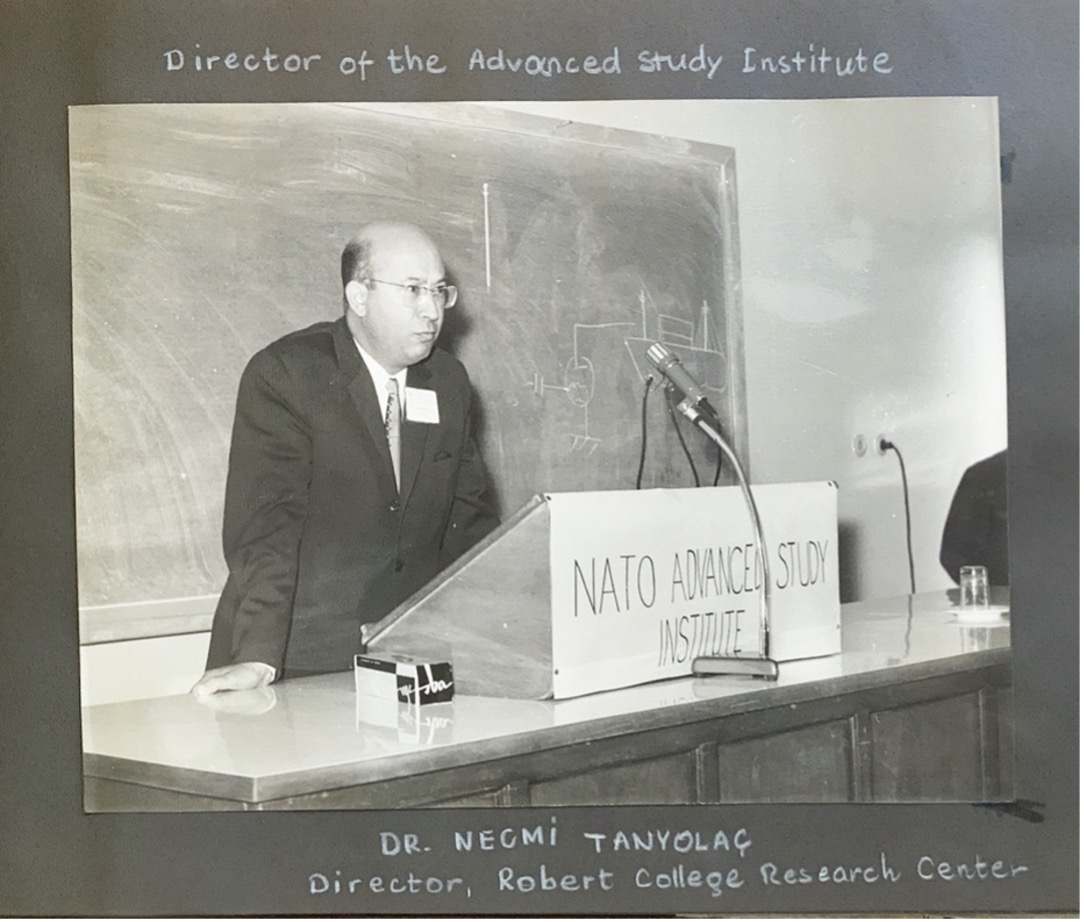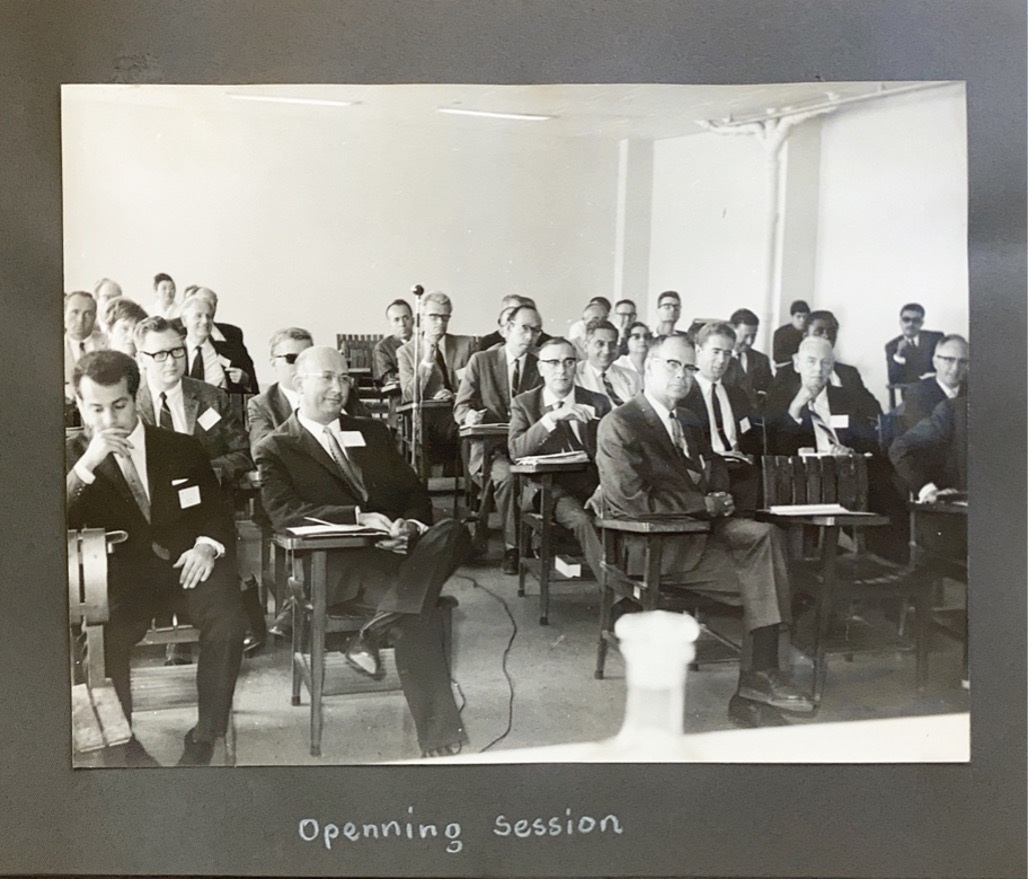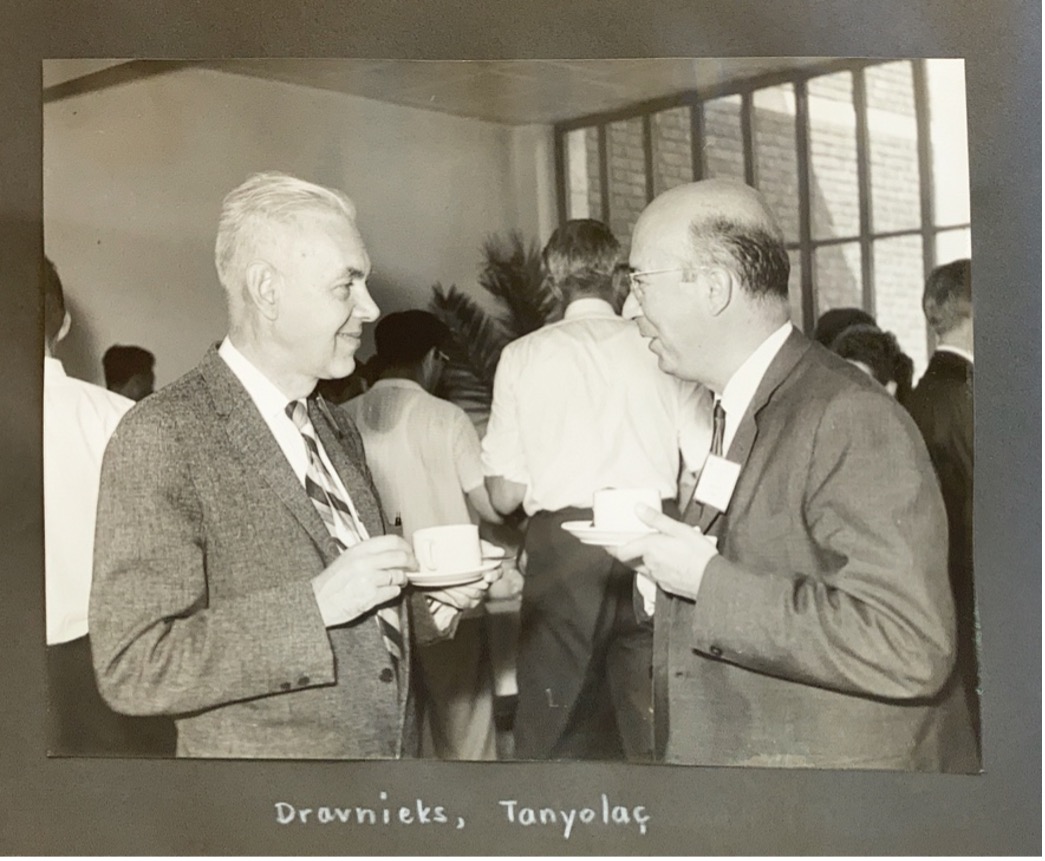History
The Institute of Biomedical Engineering in Boğaziçi University was established in 1982 with the aim of solving the problems faced in medicine and life sciences by utilizing the engineering principles, tools, and systems. As a pioneering institution in this field in the country, the Institute offers to the students from the engineering, basic and health sciences, a graduate education on international standards with an interdisciplinary approach and conducts scientific research.
Founded by Professor Dr. Necmi Tanyolaç, who received his Ph.D. degree in 1949 from Purdue University (USA) by studying artificial olfaction and who was considered as one of the world's earliest biomedical engineers, the Institute succeeded to establish international links and activities with his great efforts. To honor his legacy, the Institute annually grants a "Prof. Dr. Necmi Tanyolaç Award" to the most accomplished M.S./Ph.D. students since 1990.
Nurturing a leading infrastructure in education and research in the country, the Institute employs 14 full-time and 5 part-time academic faculty members. In addition to offering graduate education and training on an international level, the Institute functions as a research center with advanced technological infrastructures. Over a dozen well-equipped research laboratories conduct various research collaborations and projects in the fields of Biomaterials, Robotics/Biomedical Instrumentation, Biomechanics, Biophotonics, Clinical Engineering, Medical Imaging and Neuroengineering. Funds are made available for the projects by national resources such as Boğaziçi University Research Fund and TÜBİTAK as well as by international funds such as European Commission, National Institute of Health in USA. Students are supported by university-industry collaboration within the framework of 2244-TÜBİTAK industrial Ph.D. program through which human resources are enhanced by graduating qualified researchers with Ph.D. degrees.
The Institute also hosts a clean room facility in coordination with the Life Sciences Application and Research Center at Boğaziçi University where biosensors and hardware units needed for medical devices are developed. In order to master the techniques for activating the preclinical imaging facility, the Institute performs preliminary experiments whereby it establishes a leading practice on a national and international level, especially to study the development and behavior of nerve stem cells.
The Institute is attracting students from a wide range of disciplines such as electric-electronics, mechanical, computer, industrial and chemical engineering, mathematics, physics, chemistry, biology, medicine and dentistry. The increasing number of undergraduate programs in Biomedical Engineering, the widening use of technology in life sciences and health areas, offer opportunities for the Institute’s development and enhances its importance in training qualified human resources along with offering education and performing research in the field.



